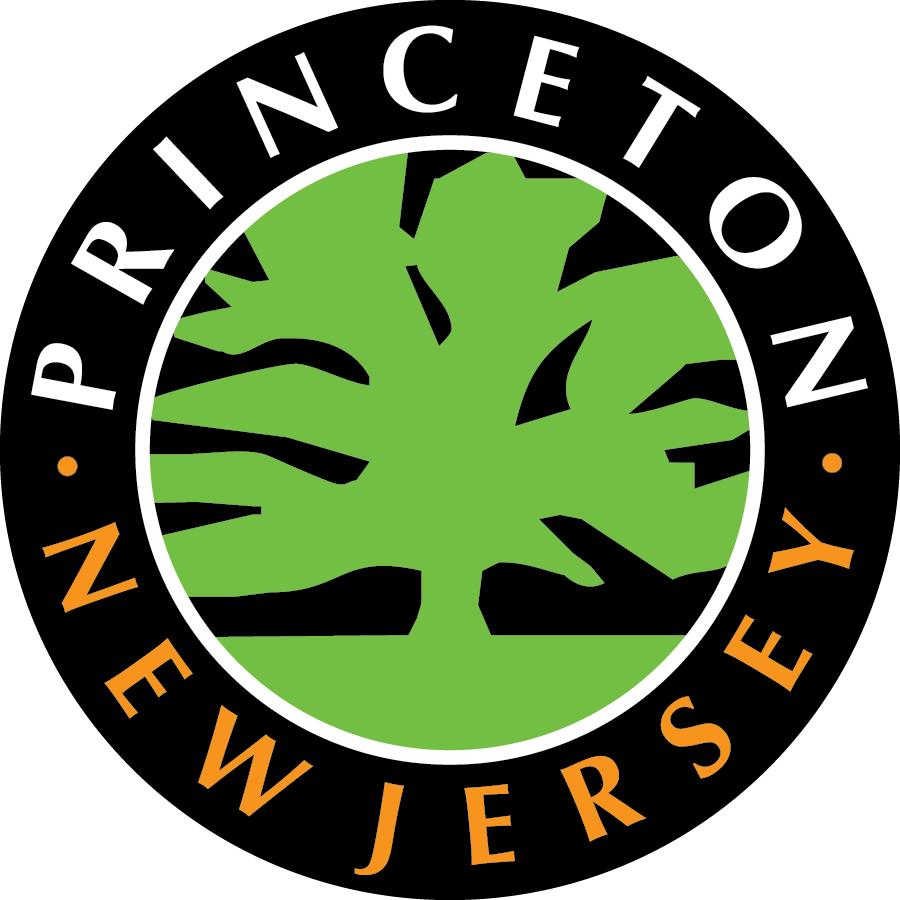Princeton health officials urge residents to stay informed even though outbreaks of the monkeypox virus are slowing in America.
Jeff Grosser, Princeton’s deputy administrator and director of health, said the health department, which takes care of all diseases and chronic conditions in the community, has investigated confirmed and probable cases of monkeypox in the municipality.
And “although mortality is low [typically less than 3%], monkeypox infections may cause painful symptoms and isolating away from family, friends and time off work contributes to social isolation, which we witnessed with COVID-19,” he said.
Grosser stressed that everyone should have some level of concern about monkeypox, a rare disease caused by infection with the monkeypox virus, according to the Centers for Disease Control and Prevention (CDC).
People with monkeypox get a rash and may experience a fever, chills, swollen lymph nodes, exhaustion, muscle aches and backache, a headache, and respiratory symptoms, according to the CDC.
“That level of concern should reflect current community transmission since anyone can acquire monkeypox with the right exposure,” Grosser said. “Residents should continue to stay apprised of what is happening around them in regards to health and disease trends.”
The CDC, in its latest technical report in late September, said the slowing growth of the outbreak is likely due to a combination of factors, which include vaccinations, behavior change, and possible infection acquired immunity.
However, transmission of monkeypox in the United States is unlikely to be eliminated in the near future, according to the federal agency.
New Jersey, which experienced its first confirmed case of monkeypox this summer, has reported 722 probable or confirmed cases of the disease – 22 of them in Mercer County – as of Oct. 4.
The health department in Princeton has already been providing vaccinations to individuals with confirmed exposures to monkeypox cases.
They also have been providing clinics to vaccinate those without confirmed exposure but may have been exposed or are at high risk for exposure.
The department recently completed a clinic on Oct. 4 in partnership with the Bayard Rustin Center for Social Justice in Princeton and will continue with monkeypox vaccinations for the foreseeable future.
“We will continue to provide monkeypox vaccinations to residents that are identified as having confirmed exposures. This is a strategy in public health called ring vaccination,” Grosser said.
“The strategy was implemented throughout much of the smallpox vaccine campaign. It is a process where all contacts and communities around a known case are vaccinated.”
He noted that New Jersey has been utilizing a form of the ring vaccination strategy since the monkeypox vaccine was made available to local health departments over the summer.
“The ring vaccination method coupled with thorough contact tracing appears to be working in areas where we are not identifying large, clustered outbreaks,” Grosser said.
Educating the public about monkeypox, continuing to implement community prevention strategies, while maintaining readiness to stomp out disease will continue to be utilized, according to Grosser.
“This means, continuing to support public health efforts so we are ready to vigilantly contact trace and administer vaccine when called upon,” he said.
Grosser recommends that residents avoid close, skin-to-skin contact with people who have a rash that looks like monkeypox.
“Avoid contact with objects and materials that a person with monkeypox has used [do not share eating utensils or cups with a person with monkeypox, do not handle or touch the bedding, towels or clothing of a person with monkeypox], and our favorite public health prevention strategy, wash your hands often,” he said.

